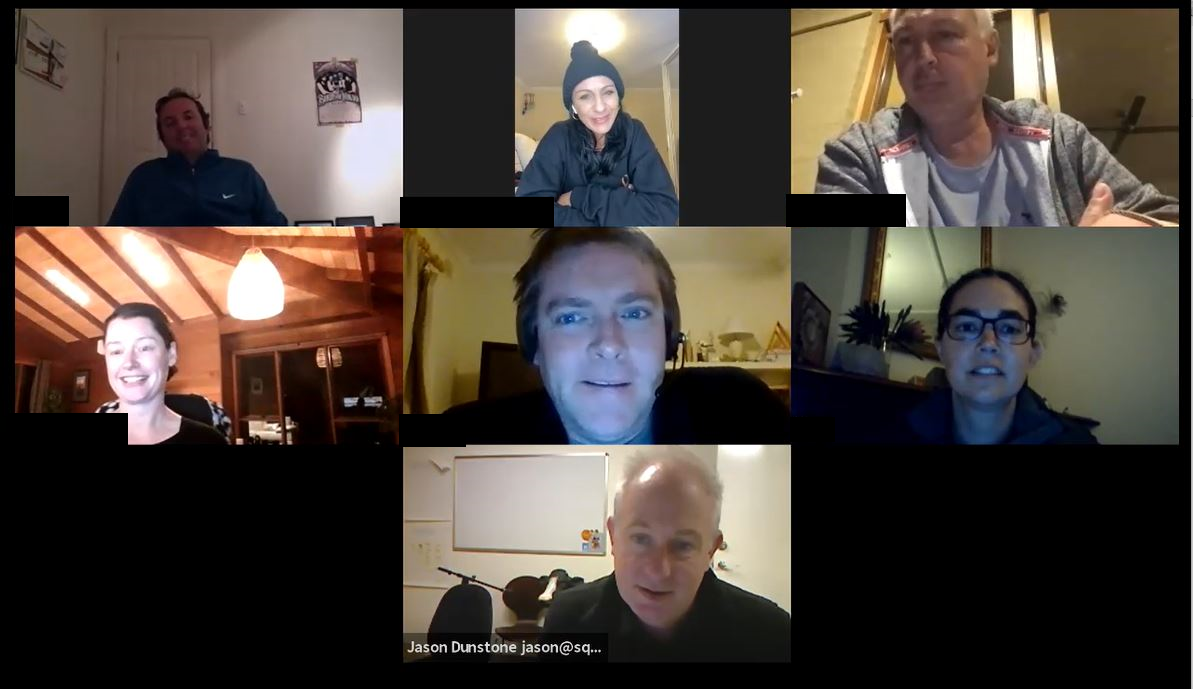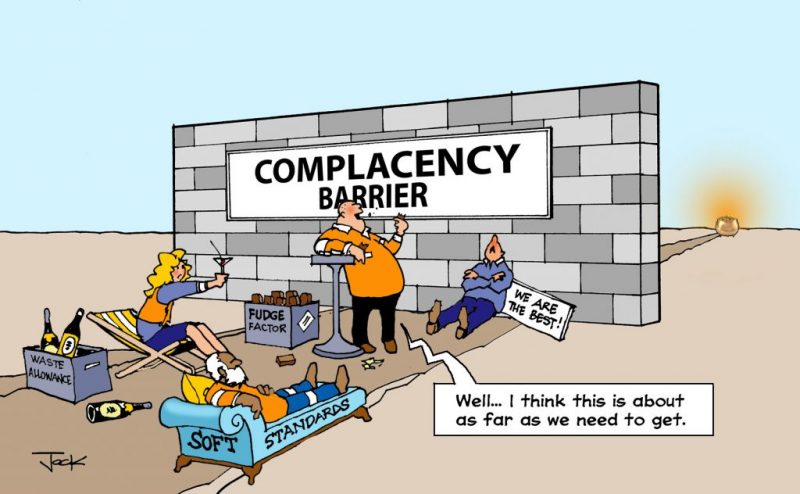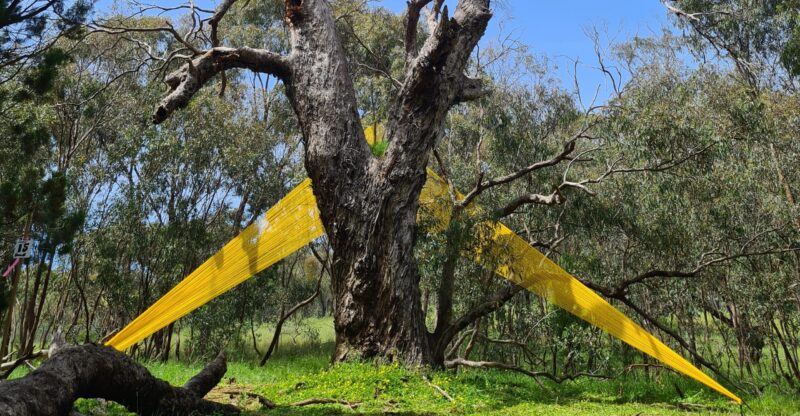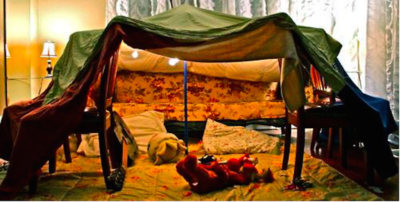Kindness isn’t enough (Aged 40 – 49)
As life slowly returns back to normal, Square Holes has continued conversations with Australians to gain insight into their daily lives.
Many have fulfilling hobbies, like travel, music, DIY projects and sport, which define who they are and give meaning to their lives.
“[I love] nature. It is a field that I actually work in, but I very much enjoy it recreationally. Connecting with nature is something that keeps me mentally healthy. It’s almost like a spiritual kind of thing. It’s something that’s been instilled in me from a young age, with family camping trips to national parks and bushwalks. It’s something that has then followed me into my working career.”
Food, whether it’s cooking or just eating, is nearly universally loved because it builds a connection with friends and family.
“Food brings people together. Going out, enjoying food with good company. Even just with family, it brings people together. We are not home a lot to sit down and eat meals anymore. But lately we have been, and it gets you together and gets you talking.”
But brands don’t earn the same level of affection as a hobby or close friend and there is a degree of apathy when it comes to brands:
“I think it’s more trust than love. If there is something that’s a good quality at a reasonable price, that’s really that engenders a level of trust. So it feels good when you purchase them. That’s how I tend to rank these things – it’s not about a love for a particular brand, it’s whether you trust them. I’ll give you an example. Cadbury Chocolate. I trust Cadbury chocolate. Every time I buy one of their products, it’s always fantastic. I don’t think I’ve had a disappointing experience. Except for that Vegemite chocolate. That’s the only one.”
The lack of emotion toward brands might stem from a level of distrust related to marketing communications, particularly related to the sudden wave of empathetic messages during the pandemic:
“Kind was probably one of the buzzwords of the COVID pandemic and that’s something that makes me want to run the other way. Because chances are, if you have to go around telling everyone how kind you are, you’re probably not that kind. So I’d rather just see more concrete evidence of culture.”
“Coles and Woolworths, I think they really did take a leap forward in terms of stepping up and trying to communicate with people during COVID when all of the panic buying started. Like bringing those essentials boxes to people who needed it. There were things like that that I was pleasantly surprised about. But for me, good brands are not just about the brand it’s more like the in-depth ethics of their business.”
Local businesses have an opportunity over global companies to leverage authenticity and transparency inherent to their brands as a way to foster trust:
“Some of those smaller companies that wanted support during COVID, they told their story. “We’re a local business, family business. We’re trying to keep our staff employed. We’ve adapted this way. Please support us so we can support them. We’ll be here on the other side of this.’”
Although price is likely to continue to be a strong driver in purchasing decisions:
“So many people that I talk to are saying, ‘We need to buy Australian products.’ And I agree. I 100% agree. But it all comes down to price. You can go in [a big retailer] and buy something that could be worth, in a smaller store, $50. But in Kmart, for $5. People are then going to start complaining they have to buy this product for $50, not $5. So it all does definitely come down to price.”
Square Holes is on a mission to understand the unique role brands play in the lives of people, and how brands can better serve their customers and communities, on a local and global scale. Read our previous discussion series on behaviour changes during the COVID-19 crisis.




